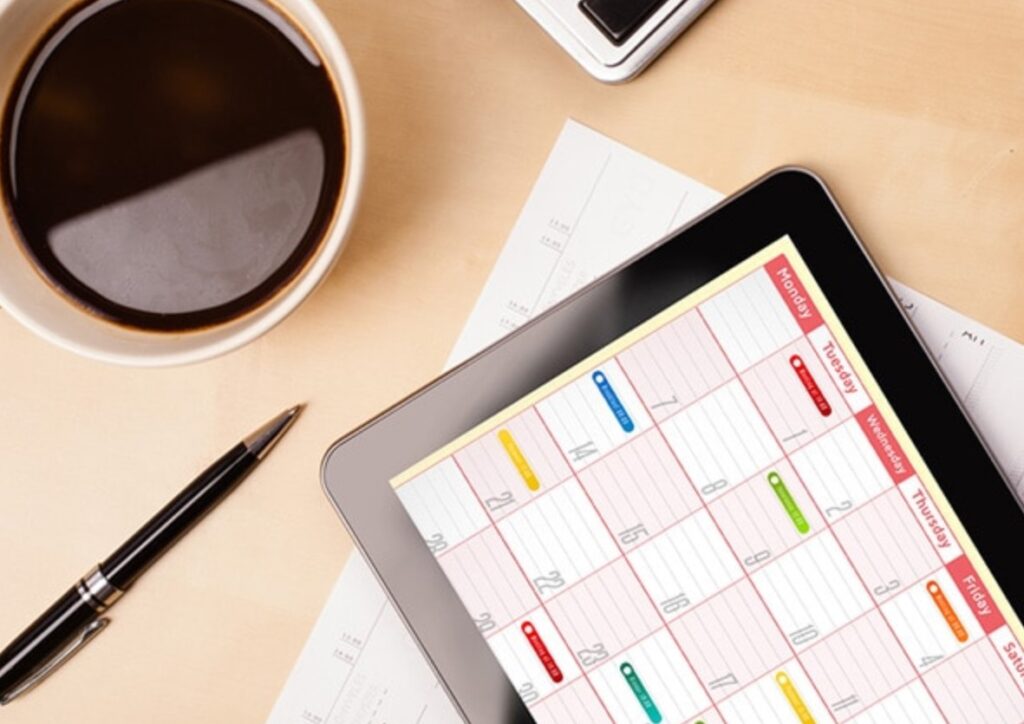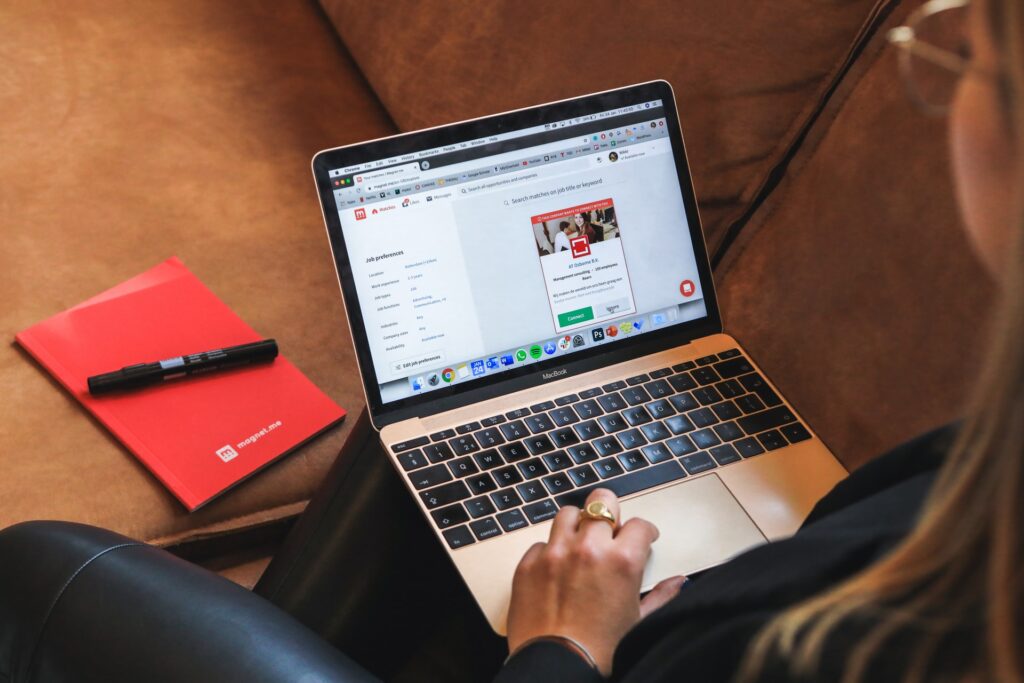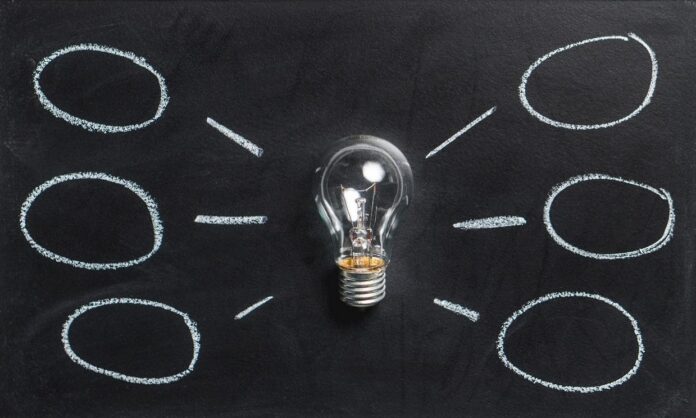In today’s world, time is an important part in a student’s life. Before, time seemed to move slowly, but now, the reality is different, and it seems like people don’t have enough time for anything rather than work. For this reason, young people need to have excellent skills in productivity. It means that they need to use effective learning tips to study efficiently. While online education is not an obligation, it’s still the best approach to a student’s daily life.
They need to learn how to be effective and prioritize their time for learning. As money and energy, time also needs to be effectively controlled. If you’re a student, you know how important it is to get the most out of your educational value. But it seems that you lack time! Don’t worry: speed of learning isn’t the essential factor, anyway. The important thing is to be able to accurately think of the information itself, rather than learning. Then, you must utilize it effectively in many situations. Here are some tips for students to make their learning more efficient.

1. Reduce distractions
Reducing distractions is a critical fact when it comes to learning. During the time you’re learning, make sure that you put away unnecessary things, such as cellphones, laptops, and turn off all your social media notifications, as these are the biggest distractions. Distractions can also mean that you’re tired and hungry, so make sure that you are well-rested and eat well before learning. You should always have water at your reach, as this improves your focus.
2. Set goals
Make a plan before you start learning – it’s imperative for you not to become exhausted. Ask your parents or siblings to help you with a project and make your learning much more manageable. Give every course the necessary time to meet your goals. Avoid multitasking, as your attention might get lost. For maximum productivity, make sure that you focus just on one task.

3. Have a clock close to you
According to acc.edu.au, time management means that students can learn effectively and be less stressed or anxious. This strategy works great for some people, but not for all. Unfortunately, some students aren’t capable of effectively managing their time, so both parents and teachers must help them focus better and set realistic goals for better learning. This happens a lot when students lose their motivation and let their emotions take place inside them. But it’s proven that people can have a considerable time to organize their time and juggle many projects at once. Responsibility shouldn’t mean losing your focus; it’s about how you manage your time.
4. Take regular breaks
Taking breaks is essential for any student, as you can easily lose your focus. They’ll also help you refresh your mind. Consider having a change in your schedule, and take short breaks once an hour. If you feel like this isn’t enough for you to recharge, take a longer break for half an hour, such as a short walk, or have a drink in the garden. Just make sure that you don’t get exhausted while learning.

5. Start your homework early
Be an early bird; it’s the best way to learn effectively and finish homework as early as possible. Parents must encourage their children to wake up early in the morning and complete their school tasks. It will help them reduce delayed bedtime and also help them be more motivated and productive. Set limits, and allocate enough time for finishing your homework.
6. Keep learning and practicing new things
One way to be an effective learner is to just keep learning. Studies have been made in the past several years, and it was reported that people are better at visually memorizing something, rather than reading a sentence dozens of times. so, if you’re struggling to learn something new, it’s important to keep practicing what you’re learning. To avoid losing the information you’ve just put in your brain, keep practicing it.

7. Memory improvement basics
There are many things you can do to improve your memory. Improving your focus requires getting rid of distractions, taking regular breaks, managing your time of learning, and practicing over and over again. Psychology can dramatically maximize your retention of new information. So, here are some more tips of how you can improve memory:
- Focus your attention
- Structure and organize
- Avoid shoving
- Visualize concepts
- Elaborate and rehearse
- Relate new information to stuff you already learned
- Come up with a rhyme or joke to help retain the information
- Pay extra attention to more difficult information
- Get extra sleep to improve your memory
- Change your study routine
- Read out loud

8. Share what you’ve learned
Another great way to improve your learning is to share the information with others. Educators and teachers have noted along the time that teaching is the best way of learning and retaining new information. You can do the same: share your newly learned skills with other people. It’s best to “translate” the information into your own words. This process will help you harden the knowledge in your brain. Call your best friend and ask him or she to join you. Some effective tips of sharing what you’ve learned is to create blog posts, or simply discuss the topics with others.
9. Focus on gaining practical experience
For many students, learning means doing research on the web, in the library, or attending classes where you can practice what you’ve learned. Seeing the information and writing it down is essential, as this can actually put new knowledge into practice, and it can be the best way to improve learning. The best way to obtain new skills is to focus on gaining practical experience. If you’re practicing a new activity, performing a sport, or learning a new language, it’s important to speak with those around you. Striking up conversations with others is a great way to practice your building skills.

Last but not least, another great way to improve your learning efficiency is to recognize your style and habits. It’ll help you gain a better understanding of what you’re learning.









